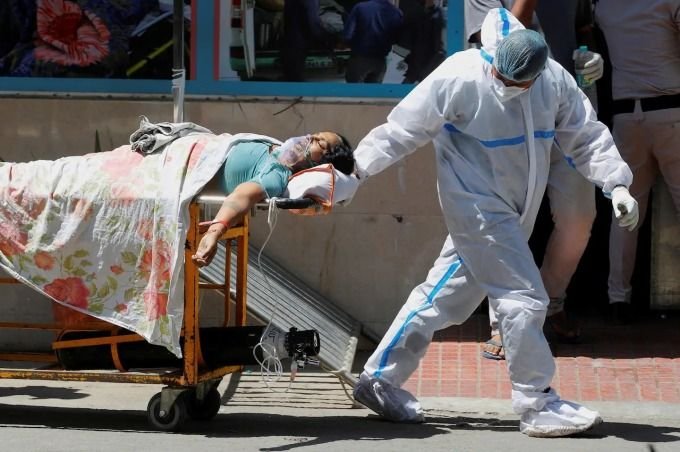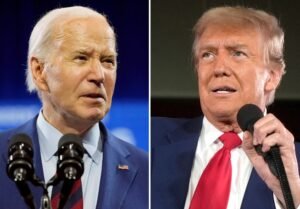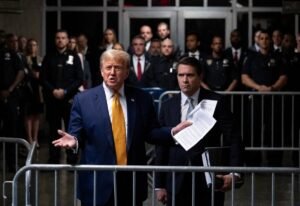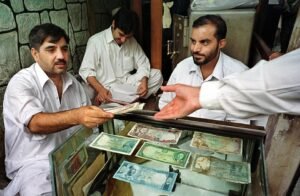
The key to helping India fight the third wave of Covid-19 3
India is starting to reopen after a second wave of Covid-19 devastated the country in April and May, but some experts warn that a third wave could hit the country within 12 months.
The average daily case count in India has fallen to just over 50,000 in recent days after peaking at 400,000 in May, largely thanks to states’ strict lockdowns.
However, experts say that if India repeats similar mistakes earlier this year, such as allowing crowded markets, rallies and religious festivals, a third wave of Covid-19 with
Medical staff moving Covid-19 patients in New Delhi in April. Photo: Reuters.
Chandrakant Lahariya, an expert on public policy and health systems, said India is once again at a sensitive stage and how the country’s officials and people respond to the virus will determine the next wave of Covid-19.
He said it’s important for states to reopen their economies gradually.
The Delta variant was the dominant strain in India’s second wave.
The Indian government has announced that the new variant, named Delta Plus, is a `variant of concern`.
Epidemiologist Lalit Kant said that the risk of nCoV mutations erasing all anti-epidemic achievements will exist as long as the virus continues to spread.
`We need to further strengthen gene sequencing efforts to identify dangerous mutations early and apply prevention measures,` Kant emphasized.
Until June, India had genetically sequenced 30,000 samples, but experts believe they need to do more.
He believes another wave is inevitable but `we can delay and prevent it with appropriate measures such as gene sequencing, tracking mutations and strict enforcement of rules.`
The severity of the third wave also depends on the level of immunity among Indians through vaccination.
Lahariya said if the pace of vaccination does not increase, millions of people will still be vulnerable, even though people who have been infected with nCoV also have immunity.
It is difficult to determine the number of Indians who have been infected with nCoV and developed natural antibodies against the virus.
Gautam Menon, professor of physics and biology at Ashoka University, puts the figure even higher at around 60-70%.
But he warned India not to be complacent.
Experts agree that people cannot underestimate the risk because India still has a vulnerable population and the threat from mutations remains lurking.
`Think of the medical staff who have been participating in this battle for more than a year. We are very tired, please don’t let down your guard. I’m not sure whether we can withstand the third wave or not,` he said.







